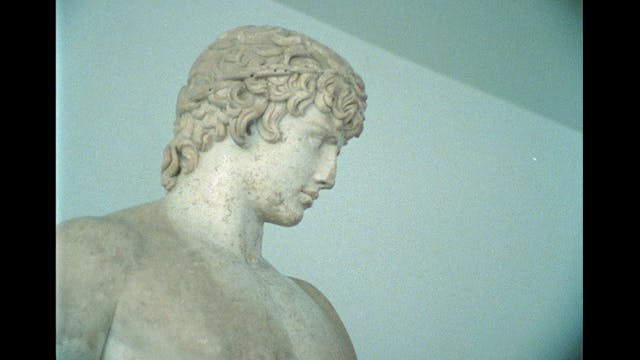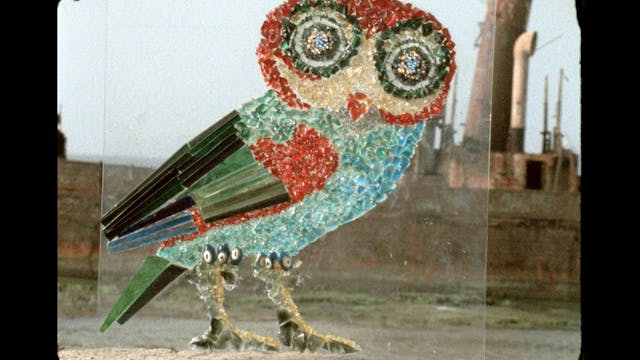Episode 3. Democracy—or the City of Dreams
The Owl's Legacy (complete series)
•
26m
An in-depth—but not overly dense—exploration of how Athenian democracy worked, and the key ways it differs from modern states using the word. Ancient Greek democracy emphasized the polisnot as a city-state the way we understand it, but as a collection of individuals. Those able to participate (free men—a small minority of the total population) were passionate about politics and had access to numerous checks and balances. It was a world without parties, written policies, or an independent judiciary—one in which today’s decisions could constantly be revisited and refined tomorrow.
Book-ended by the 1968 pro-democracy protests in Athens against the ruling fascist junta, this episode paints a vivid picture of life in the first democracy. It also chronicles the unraveling of Athenian democracy during the three decades of the Peloponnesian War when, as Cornelius Castoriadis puts it, “The Athenian Demos degenerated. There was an oligarchic revolution... What the Demos lost was the art of making decisions. Even language was being corrupted.”
Athenian and contemporary Western democracies may be vastly different, but, as this episode clearly shows, they certainly do have parallels.
Up Next in The Owl's Legacy (complete series)
-
Episode 4. Nostalgia—or the Impossibl...
Nostalgia is there right at the start of the Greek literary tradition. Odysseus, after a decade of fighting the Trojan War, must wander another decade before finally returning home to Ithaca. For millennia to follow, nostalgia—a word drawn from roots meaning “longing for home” and “pain”--continu...
-
Episode 5. Amnesia—or History on the ...
Western history is said to begin with the Greeks—more specifically, with Herodotus, credited as the first historian. But the ancient Greek conception of history, based on the idea of self-examination, is very different from current conceptions. History in some ways is the interplay between rememb...
-
Episode 6. Mathematics—or The Empire ...
There is a narrative about ancient Greece and math: That the Greeks invented mathematics as we know it, that men such as Pythagoras and Thales were its fathers, and that concepts including parallel lines and geometric shapes are universal and ahistorical.
After introducing us to this view, Mar...


